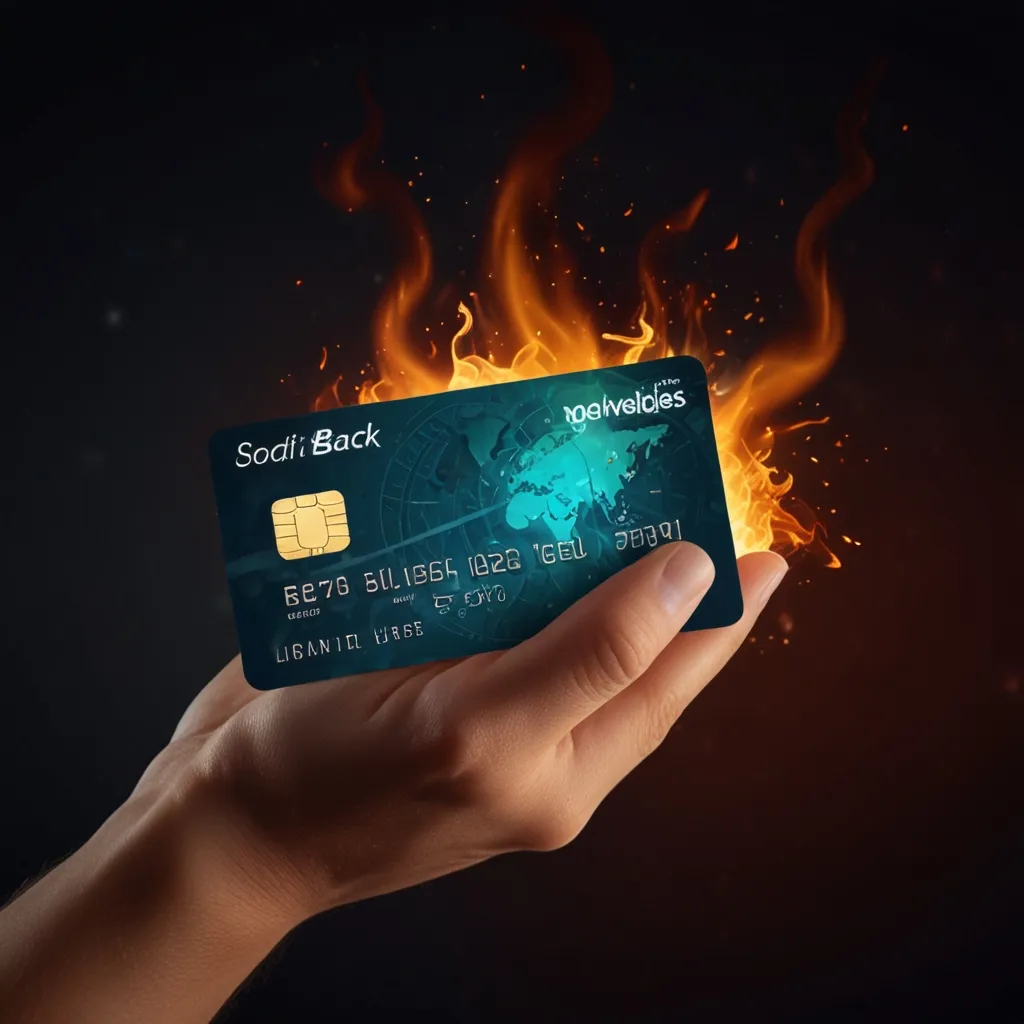Credit cards are like playing with fire – thrilling but risky if you’re not careful. They are magical little plastic cards that can make your life easier with rewards, convenience, and building credit. On the flip side, they can drag you into debt, pile on interest, and wreck your credit score if mishandled. Let’s break it down so you can wield your credit card like a pro and avoid the pitfalls.
The beauty of credit cards is stunningly simple: they help build your credit history. Swipe it, pay your bill on time, and your credit score gets a shiny boost. This, in turn, opens the gates to better interest rates on loans and mortgages down the road. Even if you’re not a big spender, having a credit card in good standing does wonders for your credit report by just existing.
Then there’s the downright convenience of credit cards. They beat carrying a wad of cash any day. Your monthly statements and online account track your spending habits, making budgeting a breeze. Plus, they’re accepted nearly everywhere, from your corner store to international destinations, perfect for those who live for travel or love online shopping.
Let’s talk about the fun part – rewards and benefits. Many cards offer perks like cash back, airline miles, or gas rebates. Imagine getting rewarded for spending money you were going to spend anyway! Travel reward points, discounts, and VIP access to events are just the tip of the iceberg. If you’re a jet-setter, paying attention to these can score you free flights and hotel stays.
One cool feature of credit cards is the ability to pay over time, especially handy for those big-ticket purchases or emergencies. Some cards even offer 0% introductory APRs, which means no interest if you pay off the balance within a set period. This can be a lifesaver when faced with unexpected expenses like a car suddenly falling apart or a surprise medical bill.
Beyond convenience and rewards, there’s another sweet deal – theft protection. Credit cards have your back if they get lost or stolen, offering a $0 liability guarantee. Cash just poofs into thin air if lost, but a credit card? No worries. Plus, many cards provide purchase protection, letting you dispute charges or return faulty products with ease.
For those who wander the globe, credit cards are almost magical. They offer handy travel insurance benefits, covering unexpected trip cancellations, medical emergencies, or lost luggage. Plus, the currency conversion rates on credit cards often beat cash exchange services, making foreign transactions less of a wallet-drainer.
But before you get all swip-happy, there’s a dark side to these perks – overspending. It’s easy to let the spending get out of hand when you don’t see cash physically leaving your hands. Overspending leads to unpaid balances, which leads to interest charges, and before you know it, debt starts to snowball. Hence, setting a personal budget and sticking to it is crucial.
Then come the fees, which can sneak up on you. Annual fees, late fees, balance transfer fees, and foreign transaction fees can add up fast. Some cards wave off annual fees, but others can hit hard. Reading the fine print and knowing all associated fees avoids ugly surprises.
Speaking of fine print, the terms and conditions of credit cards can be misleading. Teaser rates might look inviting but can hide clauses leading to higher interest rates later. It’s always wise to pick apart the details before signing up for any card.
Also, irresponsible use of credit cards can damage your credit score. High balances, missed payments, and frequent new card applications can bring down that score. A lower credit score means trouble getting loans or other credit in the future.
Another thing to consider is that credit cards don’t come with a preset spending limit like debit cards. Without your own caps, overspending becomes easy, landing you in debt. Self-imposed limits are the way to go.
Regularly monitoring your credit card activity is a must. Reviewing your monthly statements ensures no fraudulent activity slips by unnoticed. While this takes time, it’s vital for maintaining your financial security.
Some credit cards offer deferred interest financing – it sounds nice but often means higher interest rates later. If you miss paying off the balance within the promotional period, you’ll be hit with interest on the whole amount. Keeping track of these periods is key.
Applying for multiple credit cards in a short span can ding your credit score as each hard inquiry lowers it temporarily. It’s better to space out applications to avoid a severe score hit.
There’s also a significant difference between personal and business credit cards. The CARD Act, which protects consumers from unfair practices, doesn’t cover business cards. As a result, business cardholders might face higher fees and less favorable terms compared to personal cards.
Bottom line: credit cards are powerful financial tools when used wisely. They add convenience, rewards, and protection that can enhance your financial life. However, they also carry risks like overspending, high-interest rates, and sneaky fees that could lead to debt and damage your credit. Understanding both the advantages and the risks allows informed decisions, enabling you to use your credit card to your advantage. So, take control, swipe smart, and let those credit cards work for you.





